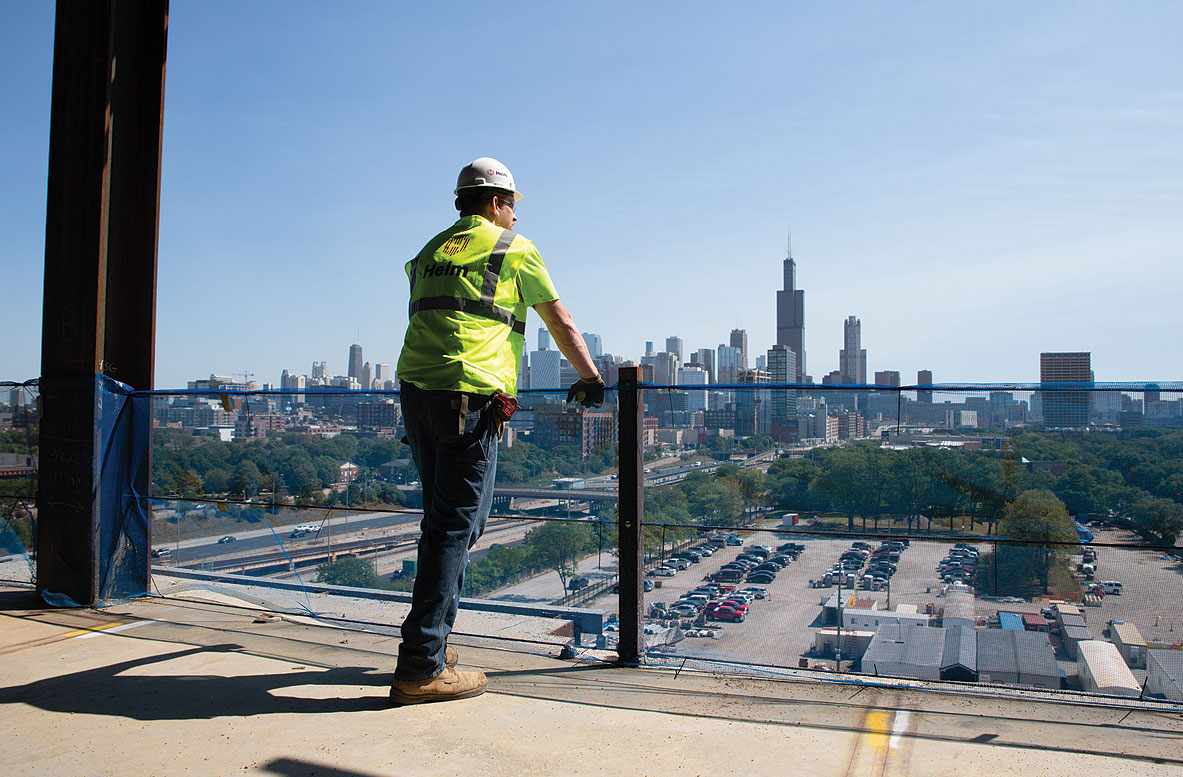Using Our Situational Awareness
I’d like to take some time to write about one of the characteristics of our employees that I think makes us very unique and successful. Industrial psychologists call it Situational Awareness. In layman’s terms, we know what is going on around us and can adapt to changing situations quickly. The full definition of Situational Awareness is that it is the ability to identify, process, and comprehend the critical elements of information about what is happening around you. Have you ever noticed in a spy movie that the hero seems to recognize a situation that at the time doesn’t seem important, but then changes his or her behavior because of the situation? Think Bourne Identity, James Bond, even Batman. In each movie, the character is aware of things going on that most people would miss. When some of these things become important (like the person in the corner pulling a weapon), the character has already anticipated it and is able to preempt the danger. It is one of those habits that the military and law enforcement try to teach their soldiers and officers. A policeman notes the make and model of a car before the driver has done anything wrong in anticipation of a future potential issue. If there is a problem, he already has the data because of his Situational Awareness. Some people call it, “Reading the room.” Others just call it, “Paying attention.”
At the Helm Group, our high Situational Awareness makes us successful in at least three separate elements of our work. The first is in how we deal with customers. At times, we can work with customers that might have a different interpretation of the project specifications that we might. We also work for people that just want to trust that we will do the right thing on a project. Our ability to recognize each of these extremes and everything in between is important. I think we adapt to these different styles better than anyone and that is why our employees are so well respected and liked by our customers. Each customer is different and we are able to react to their style because we spot it early and change our approach as needed.
The second way we use our Situational Awareness is in safety. We look for ways we might get hurt before an incident occurs. We observe how drivers are facing the sun as they enter our work zone so that we maintain an extra buffer zone. We note a roofing crew working above us so that we can be ready in case they drop anything off the side of the building. We spot the fire extinguisher in a fab shop before there is ever a fire. We watch the new employee’s attitude when explaining our PPE policy.
Thirdly, we use out Situational Awareness to understand a project better than anyone else. Even when we are not contractually in charge of a scope, we have studied the entire project well enough to be able to be an expert on whatever questions come up. We understand the plans and specifications inside and out because knowing the project helps us react to new situations that come up. Our strength is that we use our Situational Awareness to understand the entire situation, even though we may only need to react to a small part of it.
There are probably many more ways that our Situational Awareness helps us. In construction, we certainly get into unique situations every day. Most of us enjoy our work because every day is different. The only way we survive and thrive in our non-routine environment is to have high Situational Awareness. We gather data, analyze the data, and store it away so that we can react more quickly when the data becomes important.
by: Brian Helm

